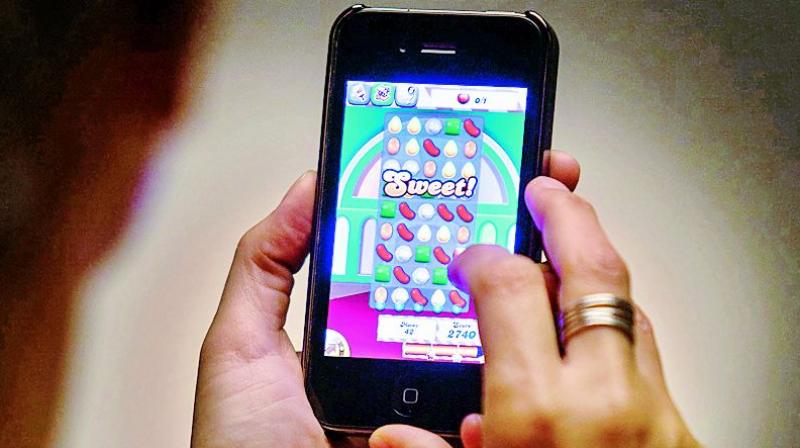The dangerous side of gaming
As the World Health Organization (WHO) now recognises gaming addiction as a mental disorder.

Those who are hooked to video games may need to take a step back. Moved by the negative impact of binge gaming, the World Health Organization (WHO) has added ‘gaming disorder’ to its diagnostic handbook. The recreational tag attached to gaming has now been replaced by an addiction tag. If you are one of those people who think ‘gaming is in my DNA’ or spend countless hours in front of video games, you may be at risk of catching the gaming disorder.
Irrespective of the kind of games being played, increased exposure to screen time impacts behaviour. Doctors suggest that too much screen time impacts one’s sleep and dietary patterns, eventually leading to aggressive behaviour. In fact, adult games like Grand Theft Auto — Vice City (GTA), Call of Duty, PlayerUnknown’s Battle-grounds, PUB-G Survival, Poker, Need for Speed and others that are high on violent content can impact the player emotionally.
Seemingly harmless games like Candy Crush, Angry Birds, Clash of Clans, Super Mario and Pokemon Go can become addictive too. According to Psychology of Games website, these petty games are based around an effective compulsion loop of pattern recognition and reinforcement.
All the games are designed to create dopamine action in your brain, which makes you want to know, urgently, what will happen when you fire the bird (Angry Birds) or clean a field (Farm Ville) or match jellies (Candy Crush).
It is imperative to understand that if you spend an excessive amount of time on something that doesn’t improve your life in a meaningful way, then you are an addict. There are many people who have become addicts to video games. Consequently, the classification is labelled under “disorders due to addictive behaviour.”
The number of gamers is increasing with newer and more advanced games hitting the market. Video games are also removing the empathy gamers have towards people. People are totally cut off from their normal lives. “Today, we see many gaming disorder cases. Not just kids, even adults are becoming addicts. Patients are becoming insensitive to whatever is happening to others and around them.
For instance, if somebody is in pain, they don’t respond in a normal way as in gaming injuries are normalised,” says Dr P. Jyothiraj, a psychologist.
Health concerns associated with gaming are not limited to the gaming disorder, but also include other aspects like insufficient physical activity, unhealthy diet, problems with eyesight or hearing, musculoskeletal problems, sleep deprivation, aggressive behaviour, depression and psychosocial functioning.
Gaming disorder has increased in our country over the last five years, but it is prevalent in Western countries. It’s no longer an urban phenomenon as the gaming addiction is creeping into rural and semi-rural areas.
“The intensity is so much in Western countries that they have recognised it as a disorder. Another observation is that it is getting worse as the time spent increases. We notice the impact of gaming on children when parents come to us with behavioural issues. But surprisingly parents do not notice that their kids are suffering from gaming disorder,” says Dr Bharat Kumar Reddy, a psychologist.
So how can this disorder be prevented? According to WHO, people who partake in gaming should be alert about the amount of time they spend on gaming activities, particularly when it leads to the exclusion of other daily activities, as well as any changes in their physical or psychological health and social functioning. Cheryl Cole’s famous song can be applied to binge gaming, “Too much of anything can make you sick. Even the good can be a curse.”

